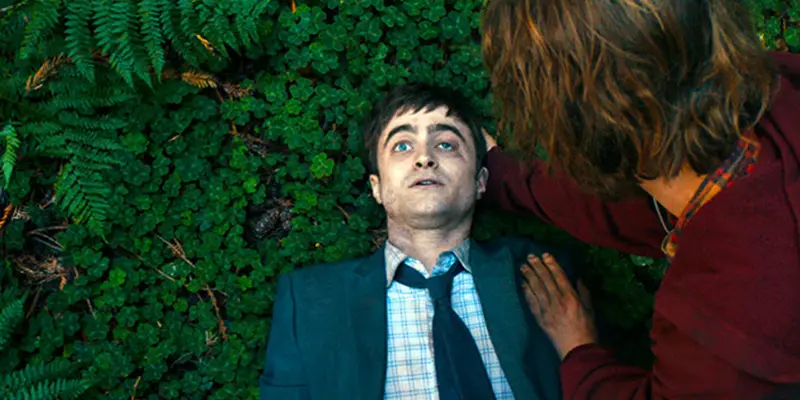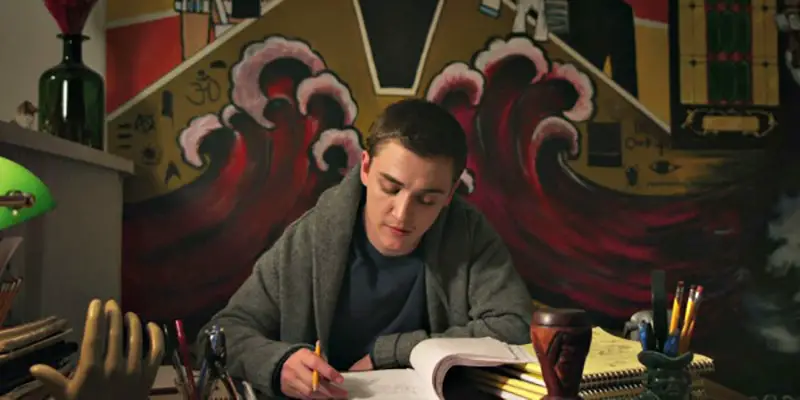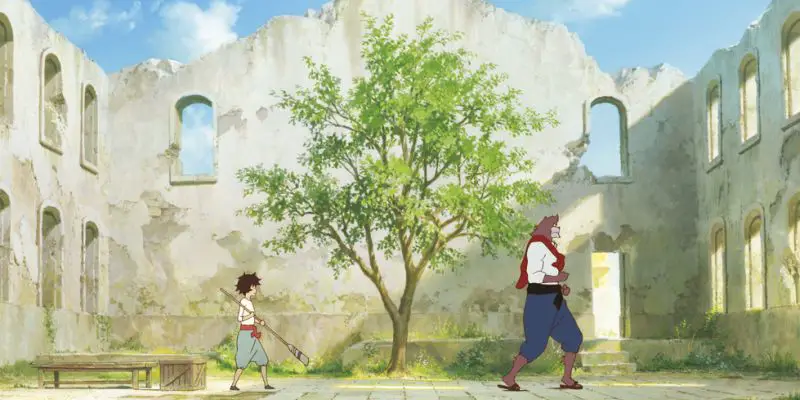fantasy
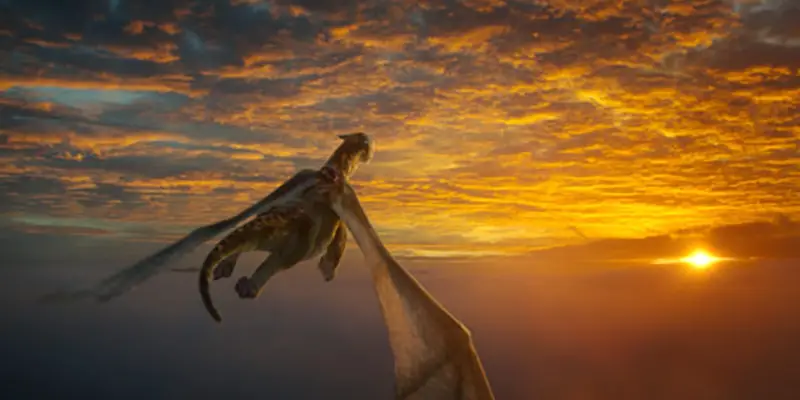
If you’ve ever wondered why fantasy has always been a popular genre in fiction, it might help knowing that all fiction is a form of fantasy, and that stories are a type of self-preservation. Take Martin Scorsese’s wildly entertaining and greatly underappreciated Shutter Island, in which the main character, Teddy, is on a mission to prove he is innocent, only for the truth to reveal that he is anything but. As Teddy becomes fully aware, he finds out that he has created an elaborate fantasy, a hyper-fiction as a ruse to shield himself from the harsh reality.
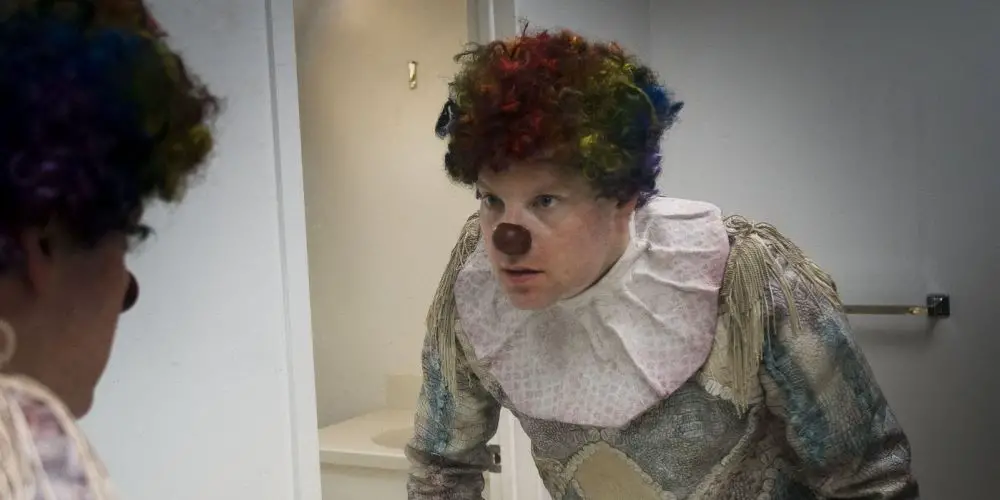
Written and directed by Jon Watts with co-writer Christopher Ford back in 2014, Clown has been in the offing for some time now. Originally conceived in 2010 as a fake trailer for a forthcoming feature attraction fictively produced by contemporary horror genre guru Eli Roth, Watts’ first feature length production is a mixed bag. Blending various elements of body horror with the basic thematic structure of a domestic comedy, Clown is more silly than it is scary.
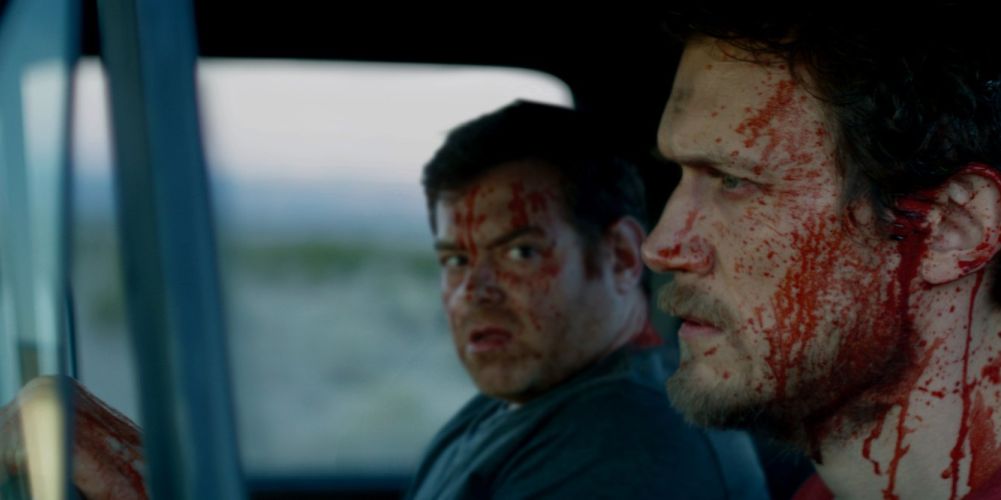
The title of horror anthology Southbound implies a deep sojourn into racist, redneck Americana, locked and loaded under a blood red, lone star. This is a Democrat’s version of hell, ruled by Donald Trump’s tentacles and all of his Republican demons, suckered into building a never ending wall between America and the rest of the world. Southbound suggests a one-way ticket to Hades, but its various characters are still on their terrifying journeys, clutching desperately to their ever diminishing morality.
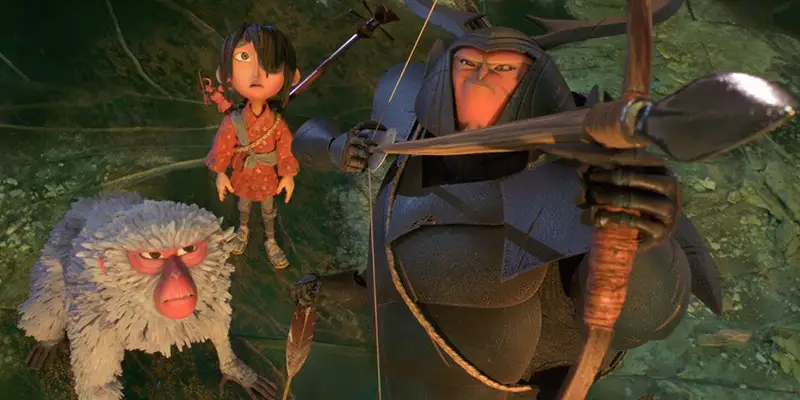
Kubo and the Two Strings is a genuine masterpiece. The word “masterpiece” might be used carelessly and far too often these days when discussing contemporary movies. At the least, Kubo has fulfilled the conventional definition of “masterpiece” no matter how semantically satiated the word has become, if not entirely forging a new meaning altogether.
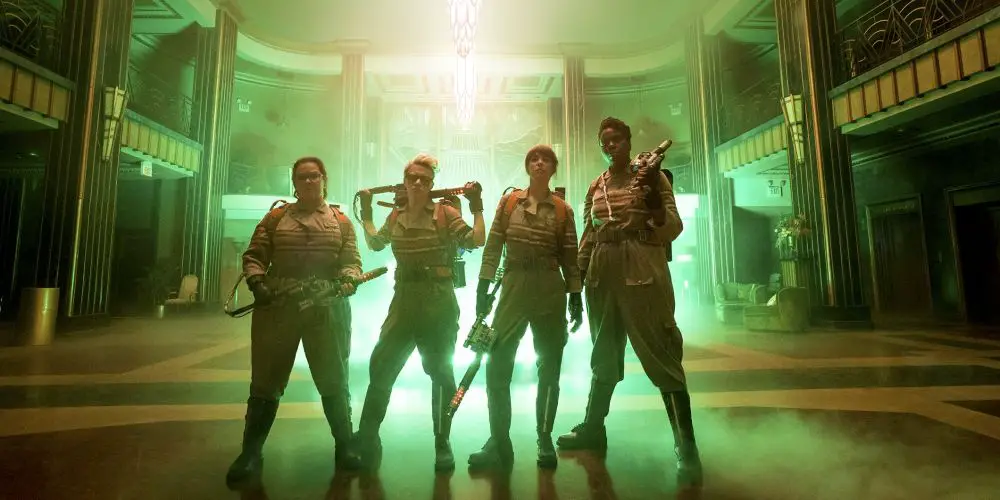
It would be to put it lightly that this film’s reputation preceeded it. After years of people theorising about another sequel to Ghostbusters (1984), naively deciding to overlook the fact that Bill Murray didn’t want to work with Harold Ramis again, and Ramis’ recent death, a new film was announced. The only problem was that noted comedy director Paul Feig was put in charge.
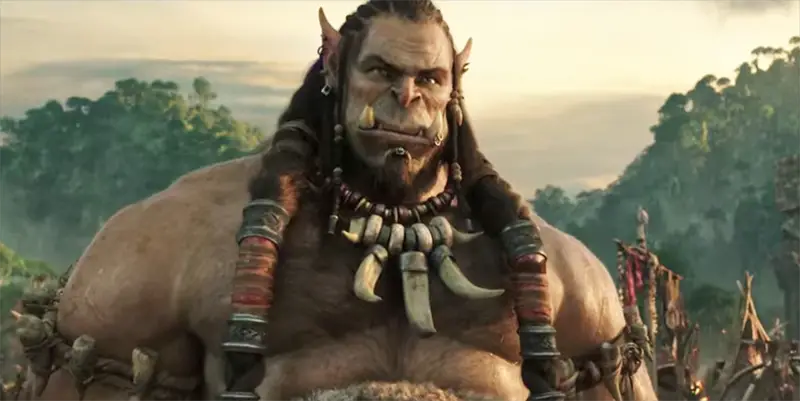
The vast majority of video game films have failed for not respecting their source material, using them only as basic backdrops to put some hackneyed plot in place for a quick cash-grab. Various franchises like Tomb Raider and Prince of Persia have all failed because of this blatant apathy, and because those involved in their making didn’t care about how to integrate the art of making video games with the craft of making films. The less said about the absolute disasters that were the various video game films directed by talentless hack Uwe Boll, the better.
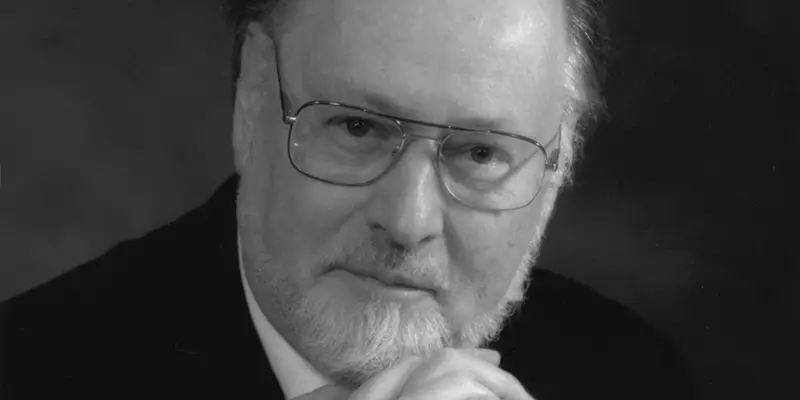
In all production tools of filmmaking, using sound effects is a fundamental factor in capturing a film’s escapist experience and the audience’s reactions. Although sound is not seen on-screen, it does play a crucial role in how films work, and in how it progresses narrative, develops characters and addresses significance. John Williams is an example of a composer whose work has established the importance of music within cinema, and how they play a fundamental role in the entire experience.
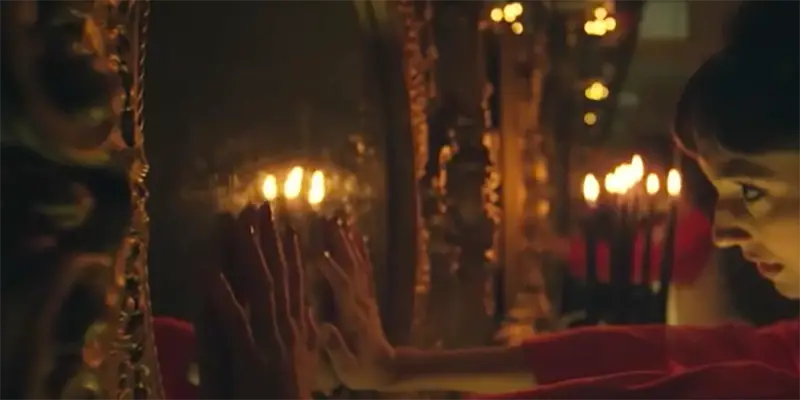
Mark of the Witch (also known as Another), written and directed by Jason Bognacki, is described as a horror fantasy film. It tells the story of Jordyn, played by Paulie Rojas, who is confronted with her Aunt Ruth’s (Nancy Wolfe) attempted suicide just minutes after blowing out her birthday candles, and soon discovers a dark secret about herself. Jordyn just wanted to know who she is and where she comes from, which her Aunt Ruth acknowledges is a perfectly normal thing for anyone to wonder about.
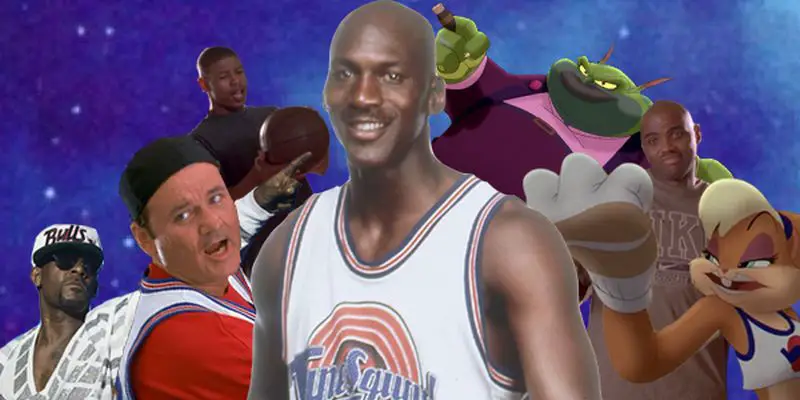
Hey, it’s Space Jam Week! Among totems of ’90s nostalgia, few remain as prominent and present in 2016 as Space Jam. The film was Warner Brother’s attempt to turn Michael Jordan’s cultural capital cinematic, as well as the first use of their iconic stable of cartoon characters in a feature since the compilation films of the ’80s.
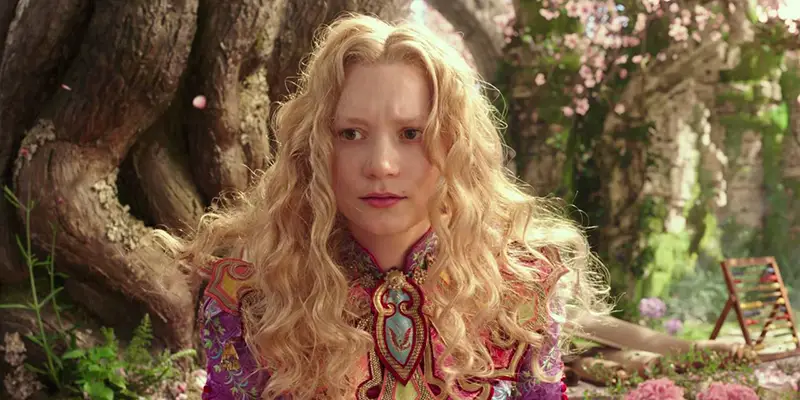
2016 has become the year where audiences are openly questioning the onslaught of mainstream movies coming out, especially when it comes to unnecessary sequels. Some of the films this year that have made us think ‘did this really need a sequel?’ include Now You See Me 2, The Hunstman, My Big Fat Greek Wedding 2, Independence Day 2, Zoolander 2 and even an Ice Age film set in space.
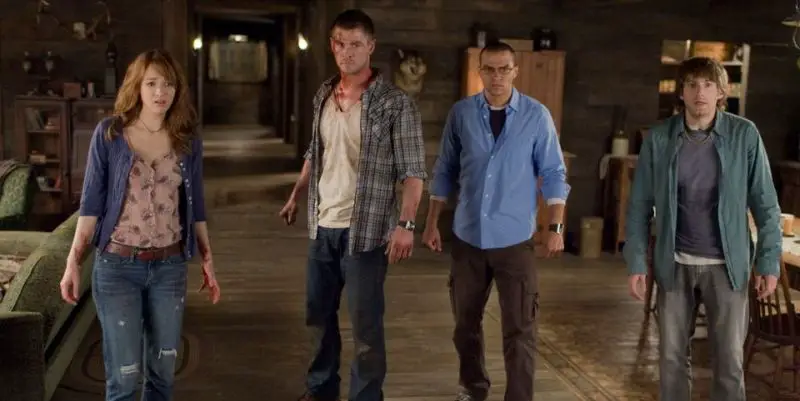
“The horror genre gets (us) in touch with our primal instincts as a people more than any other genre I can think of. It gives (us) this chance to … reflect on who we are and look at the … uglier side that we don’t always look at, and have fun with that very thing.” —Drew Goddard (IMDb) I may be a little late to the party (by about four or five years) but for those of you who have not yet seen Drew Goddard (writer and director) and Joss Whedon’s (writer and producer) The Cabin In The Woods be forewarned, this article contains spoilers.

I’m going to be honest and admit that 15 minutes into this film I didn’t want to watch any more. Which is strange, because usually I’m a glutton for punishment when it comes to films I don’t necessarily enjoy. I’ll quite happily sit through to the end, hoping for a change in direction or a ‘bigger picture’ reveal.


